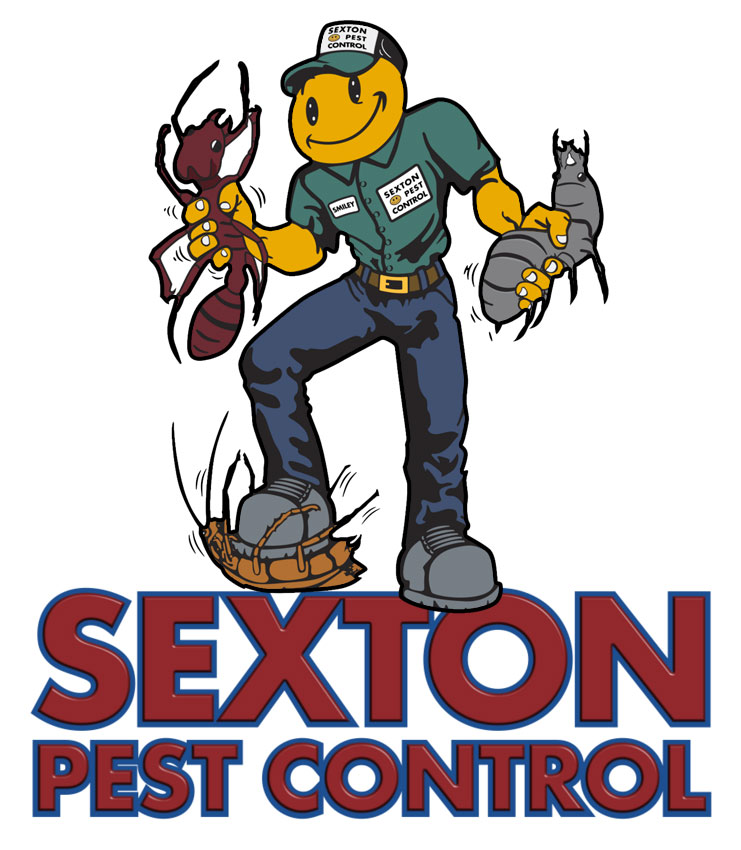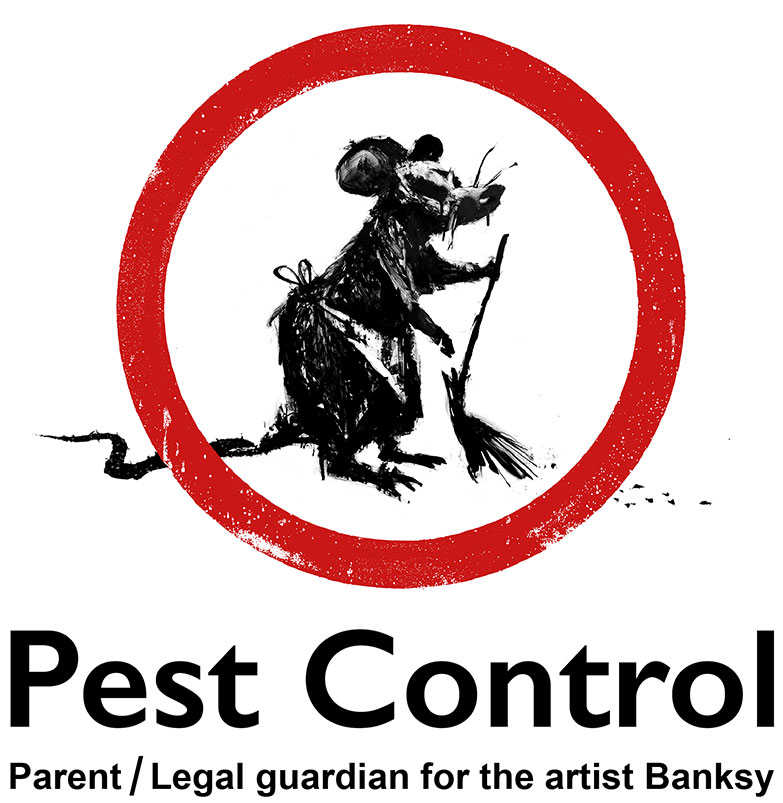Comprehensive Pest Control Homestead Solutions for a Pest-Free Home
Comprehensive Pest Control Homestead Solutions for a Pest-Free Home
Blog Article
Ultimate Guide to Parasite Control: Benefits, types, and strategies
Pest control is an important aspect of keeping a safe and healthy and balanced setting, whether it be in household, industrial, or farming setups (Pest Control Homestead). Comprehending the benefits, strategies, and kinds of pest control approaches can considerably impact the performance of insect management approaches. By exploring the varied series of methods readily available, one can tailor bug control initiatives to details demands and obstacles, making sure a thorough and sustainable service. The world of insect control is diverse, with different tools and methods at one's disposal.
Value of Parasite Control
Parasite control plays an essential function in preserving the health and wellness of both domestic and business environments. By effectively taking care of and eliminating individuals, services and pests can protect against the spread of illness, safeguard home from damage, and ensure a sanitary and tidy living or functioning area. Bugs such as termites, bugs, and rodents can posture major health and wellness risks to human beings and pets by polluting food, sending illness, and creating sensitive responses. In addition, insects can create architectural damage to buildings and framework, leading to expensive repair services and potentially jeopardizing the safety and security of residents.
Executing regular insect control determines not only safeguards the physical wellness of people but also contributes to their psychological well-being by producing a secure and comfortable environment without the disruptions and problems created by insects. Additionally, in industrial setups, insect control is crucial for keeping a positive credibility, following health and wellness policies, and guarding the wellness of employees and clients. Generally, the significance of insect control can not be overemphasized in preserving the wellness, security, and overall high quality of life in both property and commercial areas.
Typical Insect Control Techniques
Offered the critical duty that pest control plays in guarding health and building, it is essential to explore effective approaches for handling and getting rid of parasites. Typical insect control techniques include a range of methods tailored to details parasite types. Physical approaches entail the usage of nets, traps, or obstacles to stop pests from going into or to catch them. Organic control utilizes all-natural predators or microorganisms to regulate parasite populaces, reducing the demand for chemical interventions. Chemical control, such as pesticides, is extensively used yet requires cautious application to reduce ecological impact. Additionally, incorporated insect monitoring integrates various techniques to attain long-lasting parasite suppression while decreasing risks to human wellness and the environment. Social techniques, like appropriate waste management and keeping sanitation, also play a crucial duty in insect avoidance. Inevitably, the most efficient parasite control strategy commonly entails a combination of strategies customized to the particular parasite species and the environment in which they reside.

Organic Pest Control Methods
When considering environmentally-friendly strategies to handling insect populaces, natural insect control approaches provide a sustainable service. One usual natural parasite control method is organic control, which includes presenting natural killers, parasites, or pathogens to manage parasite populaces.
One more effective natural insect control method is using organic pesticides originated from natural resources such as plants, minerals, or microorganisms. These chemicals target certain insects while minimizing harm to useful insects and the community. Neem oil, as an example, is a popular natural chemical that interferes with the development and reproduction of numerous insects without creating injury to various other organisms.
Social practices like plant turning, buddy growing, and maintaining appropriate plant wellness additionally fall under natural insect control methods. By minimizing and creating a balanced community pest vulnerabilities, these techniques aid avoid pest invasions without the need for dangerous chemicals. Organic parasite control methods not just shield the setting but additionally advertise long-term and lasting bug monitoring remedies.
Kinds of Bug Control Solutions
Considering the diverse approaches offered for handling parasite populaces, a crucial aspect to check out following is the series of solutions supplied under the umbrella of bug control. Pest control solutions can be generally categorized into three main kinds: property bug control, industrial bug control, and incorporated pest monitoring (IPM)
Residential bug control solutions concentrate on handling and getting rid of parasites typically discovered in homes, such as ants, termites, cockroaches, and rats. These services frequently involve the application of secure yet reliable treatments to safeguard the health and safety of homeowners.

Integrated Bug Management (IPM) takes an all natural approach to pest control by incorporating organic, Continued social, physical, and chemical techniques to handle parasite populations effectively while lessening threats to human health and the setting. IPM concentrates on long-lasting avoidance and lasting pest monitoring methods.
Integrated Bug Monitoring Method
An integrative strategy to pest administration, known as Integrated Bug Monitoring (IPM), combines numerous strategies to efficiently control pest populaces while lessening dangers to human health and the atmosphere. Pest Control Homestead. IPM concentrates on avoiding pests through a combination of organic, cultural, physical, and chemical control techniques. By making use of a holistic strategy, IPM aims to address the origin of bug invasions instead than simply dealing with the symptoms
One secret aspect of IPM is using organic controls, such as presenting all-natural predators or pathogens to handle bug populations. This method decreases the dependence on chemical pesticides, thus reducing the total ecological influence. Cultural controls involve customizing the bug's habitat to make it much less friendly, while physical controls include the use of obstacles or catches to exclude or capture bugs.
IPM also emphasizes monitoring and normal inspection to evaluate parasite degrees precisely and figure out the most proper control methods. By incorporating these varied strategies, IPM offers a reliable and lasting approach to pest monitoring that advertises long-term options while safeguarding human health and wellness and the community.

Verdict
In verdict, parasite control is vital for preserving a healthy and balanced and risk-free atmosphere. By making use of various methods such as organic methods and integrated insect Click Here monitoring, individuals can successfully avoid and manage insect problems. Different sorts of pest control solutions are readily available to cater to specific demands and choices. Generally, carrying out correct pest control procedures can aid protect building, crops, and human health and wellness from the unsafe effects of insects.
Comprehending the advantages, strategies, and kinds of pest control approaches can significantly influence the effectiveness of bug monitoring approaches. Common insect control methods encompass a range of approaches customized to particular pest kinds. One usual organic bug control approach is biological control, which entails introducing natural predators, parasites, or microorganisms to manage insect populations.An integrative strategy to pest monitoring, recognized as Integrated Pest Administration (IPM), incorporates various strategies to efficiently regulate pest populaces while decreasing risks to human wellness and the atmosphere. Social controls include modifying the parasite's environment to make it much less welcoming, while physical controls consist of the usage of catches or barriers to leave out or record insects.
Report this page